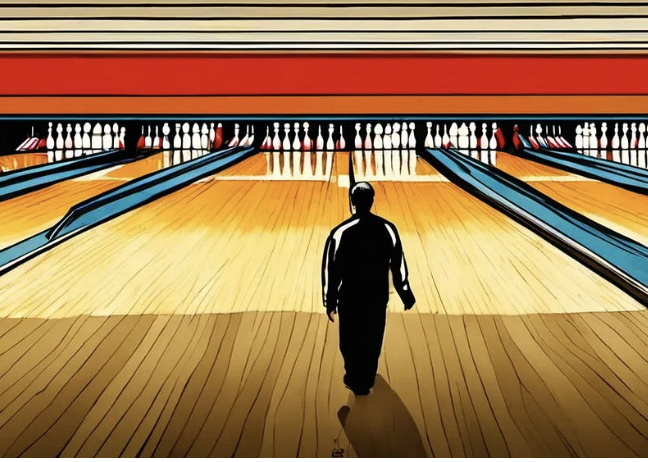For almost 250 years, the Merriam-Webster Dictionary has been a widely used resource for defining, interpreting, and properly using written and spoken words in our society.
In 1996, Merriam-Webster introduced Merriam-Webster Online, a subscription-based website with unlimited access to the complete text of Webster’s Third New International Dictionary.
This online dictionary has 470,000 words and regularly logs 100 million pageviews monthly.
In doing so, it has become especially useful for those who follow American thinking and voting behavior.
Peter Sokolowski, Merriam-Webster’s editor-at-large, has noted, “We’ve had dictionaries of English for 420 years, and it’s only been in the last 20 years or so that we’ve actually known which words people look up.”
In other words, now we can track, analyze, and prioritize the words of greatest interest to Americans and the words of their greatest concern.
Since 2020, the Merriam Webster website word tracking has shown the most frequently researched words in recent years were authentic, gaslighting, vaccine, and pandemic.
As 2024 winds down, the number one word for this year is … polarization.
As Merriam-Webster editor Sokolowski observes, polarization always means division, but it is an extremely specific kind of division. It can and does extend beyond politics. For example, polarization can occur with opinions about music styles, tech trends, food, and sports teams.
I agree that polarization occurs in countless areas of life beyond politics, but the impact on our society in those other areas are trivial when compared to polarization in the political arena.
Well before the 2024 presidential election was held, American voters had strongly held opinions that each of the candidates from both major political parties were flawed and even an existential threat to democracy.
An Associated Press (AP) Vote Cast survey of more than 120,000 voters showed that about eighty percent of Kamala Harris supporters were very or somewhat concerned that Donald Trump’s positions on current and emerging public policy issues were too extreme.
The survey results also showed that about seventy percent of Donald Trump voters were very or somewhat concerned that Kamala Harris’ positions on current and emerging public policy issues were too extreme.
So far, the election results have done little to change those strongly held opinions.
I suggest the election results have generated even more political polarization.
With that in mind, and consistent with their mission, Chesapeake Forum, an Easton based not- for- profit academy for lifelong learning recently hosted a program to provide attendees more information about this timely and important topic.
Attendees learned about and discussed research done by Harvard professor Robert Putnam. That research led to Putnam’s essay — Bowling Alone: America’s Declining Social Capital followed his book Bowling Alone: The Collapse and Revival of American Community.
As a program attendee, I found this program to be most enlightening but also somewhat depressing.
The good news is we also learned about a more positive book by Putnam – Better Together.
Better Together has been and continues to be a catalyst for the launch of initiatives in large and small communities across America. All share a common goal of developing and executing programs to help restore social capital, increase civil discourse, and reduce political polarization in our society.
One reviewer of both books on Amazon’s website wrote – “Bowling Alone made people think, Better Together will make them act.”
Chesapeake Forum has done both by continuing the synergy of their fall program with regular get togethers. The goals are to encourage more people in our community to think about the negative impact polarization has on our community as well as finding ways to help increase activities that rebuild social capital, increase civil discourse, and reduce political polarization.
There is no shortage of ideas that have worked well elsewhere. That said, the Eastern Shore has a unique history and culture. Accordingly, some ideas from other places may work well here, some may not work at all here, and some will work well here but only with changes.
The most important key to success going forward is involvement by a wide range of community leaders and citizens to collaborate on the evaluation of the most viable strategies to rebuild social capital, increase civil discourse and political polarization reduction strategies in our area.
The adage is true that people will be most likely to support change efforts if they have an opportunity to be involved in the development and implementation of those strategies.
More details on such opportunities will be available beginning early next year.
Starting right now, YOU can be involved in this endeavor by going to Chesapeake Forum‘s website — chesapeakeforum.org, clicking on the contact us tab at the top of the page and then complete leaving a message with your contact information so they can keep you informed.
All questions, comments, and suggestions are also welcomed and appreciated.
David Reel is a public affairs and public relations consultant in Easton.



Write a Letter to the Editor on this Article
We encourage readers to offer their point of view on this article by submitting the following form. Editing is sometimes necessary and is done at the discretion of the editorial staff.